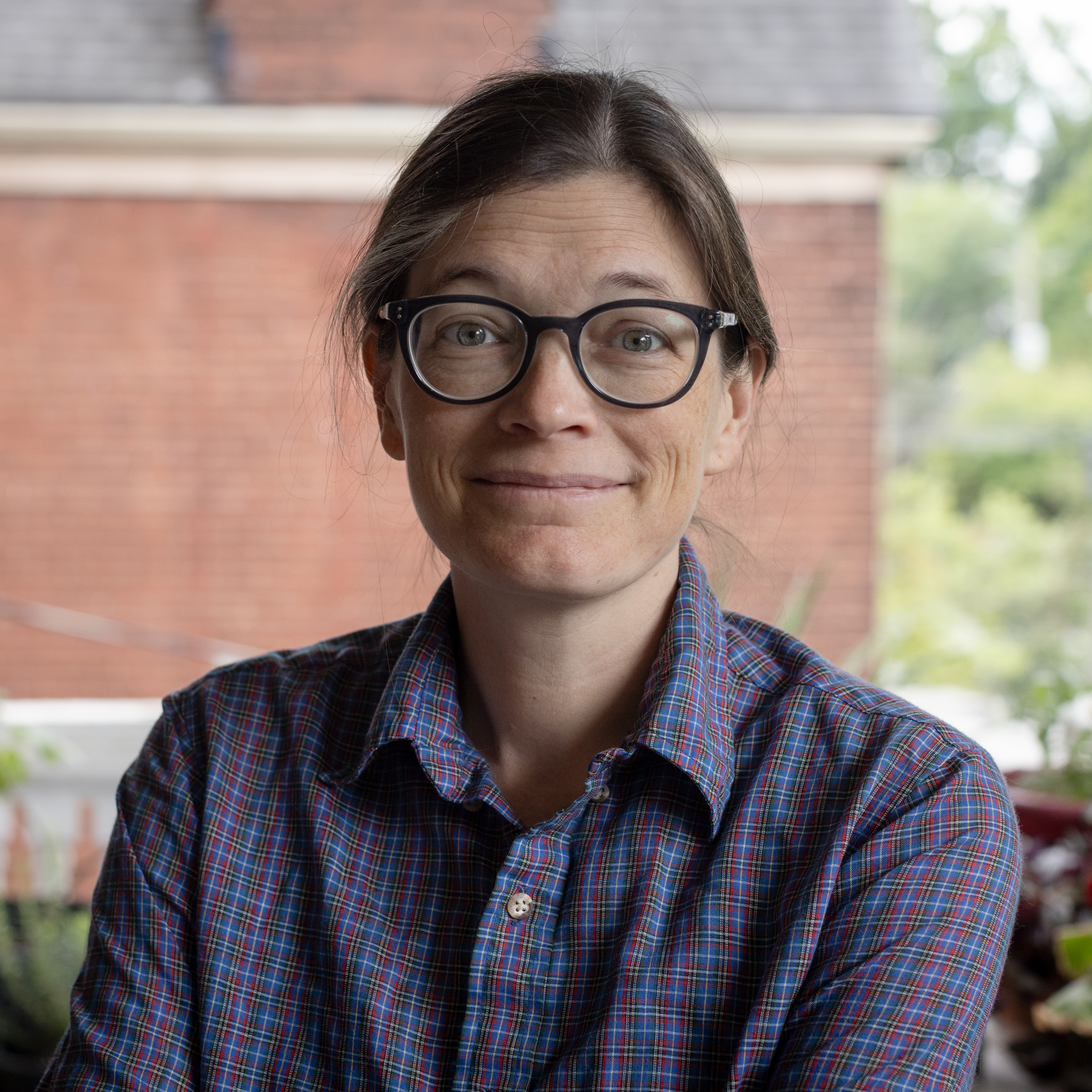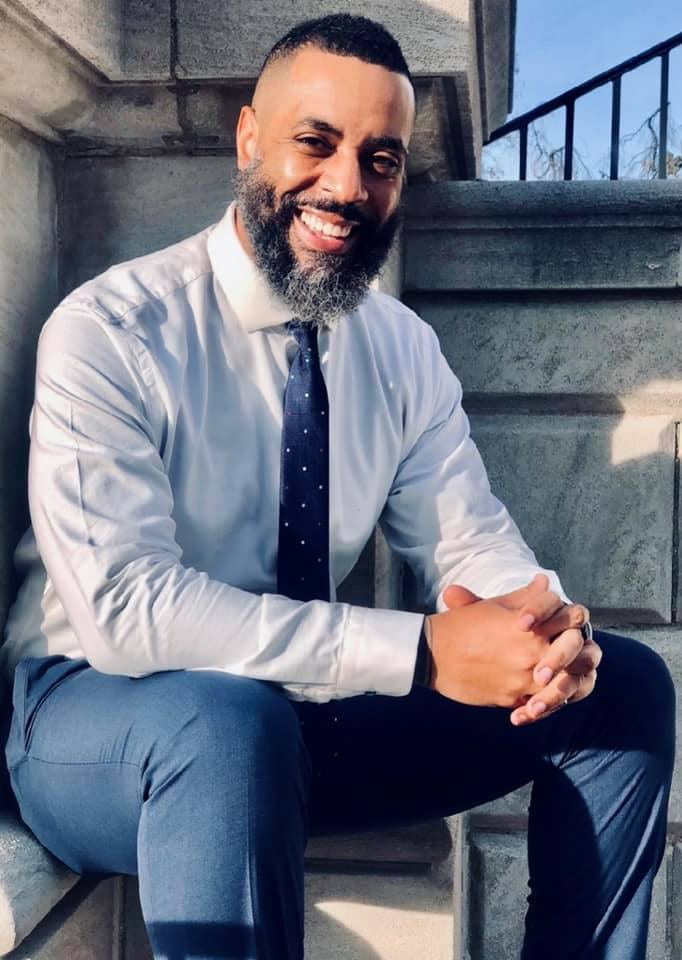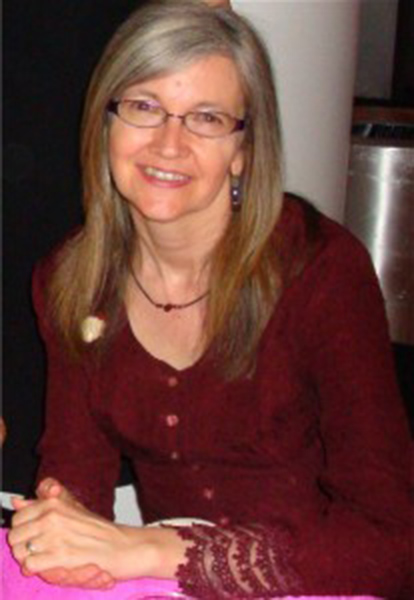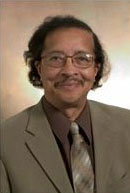About Our Staff
 |
Dr. Angela Storey, DirectorWe are pleased to announce Angela Storey, Associate Professor of Anthropology, as the new director of the Anne Braden Institute for Social Justice Research (ABI). Dr. Storey is an accomplished cultural anthropologist and engaged scholar who researches community-based work for social justice in the context of urban inequality, including in South Africa and in Louisville. She is also a former faculty fellow and board member for the ABI co-directed Cooperative Consortium for Transdisciplinary Social Justice Research. Dr. Storey will build on the legacy of Drs. Hudson, Fosl, and McCormack in honor of Anne Braden’s dedication to racial justice and radical solidarity. With 40+ affiliate faculty from 18 departments across four academic units, ABI has a robust set of engaged, justice-minded scholars invested in its success, and Dr. Storey has been one of those affiliates for nearly four years. ABI is part of the A&S Office International, Engagement, and Equity Programs, reporting to the Associate Dean of IEEP, Sherri L. Wallace, Ph.D. Dr. Storey brings to the position considerable experience and skills in administration, community organizing, and community-engaged scholarship. Further, her scholarship is driven by the same goals that fueled her organizing, and she has conducted research alongside many community partners, from city governments to radical social movements, and community groups to NGOs. |
Program Coordinator (Vacant) |
Past Directors
Dr. Brandon McCormack, 2021-2023Dr. Michael Brandon McCormack (Associate Professor of Pan-African Studies and Comparative Humanities) was the Director of the Anne Braden Institute for Social Justice Research. Dr. McCormack earned his PhD in 2013 from the Vanderbilt University Department of Religion, where he was also a fellow. He is also a proud undergraduate alum of UofL. His research explores the intersections between Black religion, popular culture, the arts, and activism. He teaches courses in African American religion, religions of the African diaspora, and religion and hip-hop culture. He is one of the university’s inaugural Ascending Stars Fellows and an Academic Research Fellow at the Benjamin L. Hooks Institute for Social Change at the University of Memphis. He is also a member of the Black Interfaith Project, a national network of academics, artists, and activists engaged in research and action around the role of Black religious and spiritual practices in movements for social justice. Dr. McCormack is a frequent speaker and lecturer, having been invited to speak at a range of institutions from HBCUs to Ivies. But he finds his deepest joy in speaking outside of academia—at churches, public schools, community centers, and other places where everyday folks are gathered and engaged in collective meaning-making and ongoing struggles for freedom. |
Founders
Dr. Catherine FoslDr. Fosl is a Professor of Women’s, Gender & Sexuality Studies and Founding Director of the Anne Braden Institute. Dr. Fosl was Anne Braden’s biographer and is the author of Subversive Southerner: Anne Braden and the Struggle for Racial Justice in the Cold War South (Palgrave Macmillan, 2002; University Press of Kentucky, 2006), as well as the books Freedom on the Border: An Oral History of the Civil Rights Movement in Kentucky (co-authored with Tracy E. K’Meyer, University Press of Kentucky, 2009) and Women for All Seasons: The Story of the Women’s International League for Peace and Freedom (University of Georgia Press, 1989). Subversive Southerner won the 2003 Oral History Association Book Award and was named an Outstanding Book in 2003 by the Gustavus Myers Center for Human Rights. Through the institute, Dr. Fosl has striven to widen public understanding of the significance in US social movement history of Anne Braden and other understudied figures and currents at the grassroots level. She has advanced engaged scholarship that is grounded in collaboration between researchers and their subjects, producing knowledge that can be acted upon. By providing activists with broader historical and intellectual tools to enhance their efforts, such knowledge can advance racial and social justice aims. At the same time, the institute exposes scholars to a greater range of community-based knowledge. |
|
Dr. J. Blaine Hudson (1949–2013)The late Dr. Hudson was the former Dean of the College of Arts & Sciences and a Professor of Pan-African Studies. As a creator of the institute, Dr. Hudson was a visionary educator and longtime university and community leader who was also a renowned scholar of African American history. He was the author of Fugitive Slaves and the Underground Railroad in the Kentucky Borderland (McFarland, 2002) and of the Encyclopedia of the Underground Railroad (McFarland, 2006), as well as many articles. He co-authored the book Two Centuries of Black Louisville: A Photographic History. As a young student activist in the 1960s, Dr. Hudson was mentored by Anne Braden, and they remained friends for nearly forty years. The Anne Braden Institute is one of many vehicles through which Dr. Hudson enacted his life-long commitment to connecting history to urban problems and to social change. Another was the Saturday Academy program, a non-credit “open classroom” learning series in African and African American history held in western Louisville. |




 Instagram
Instagram